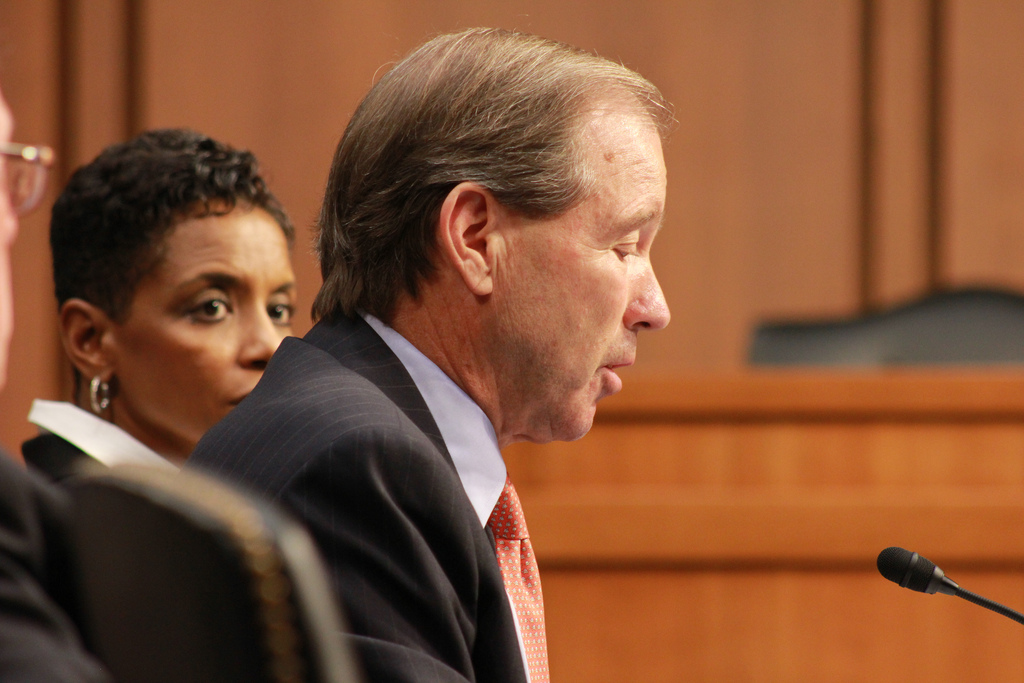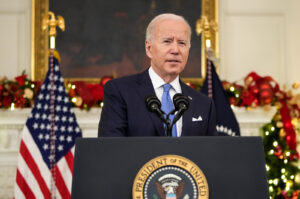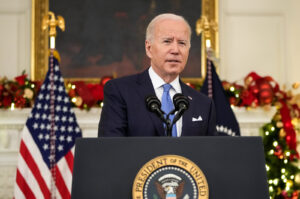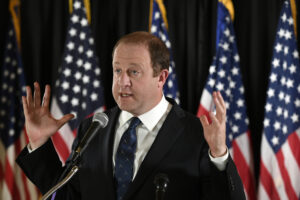Udall, now in minority, says he still wants filibuster reform
3 min read
Since joining the Senate in 2009, Sen. Tom Udall has been one of the main critics of the excessive use of the filibuster in the chamber.
At the time, Udall was a member of the majority party and Senate Republicans frequently used the filibuster to stop legislation they disagreed with. Now, however, the shoe is on the other foot and Udall is in the minority.
And that Democratic minority now uses the filibuster to stop legislation they disagree with.
Bloomberg recently wrote about the change and said that filibuster opponents had “gone quiet” since moving into the minority.
Udall still committed to a talking filibuster
When in the majority, Udall frequently spoke about the practice—even on the Senate floor.
In a statement to New Mexico Political Report, Udall says he hasn’t changed his mind on the filibuster since becoming part of the minority.
“Americans are as frustrated and angry with the lack of progress in the Senate as ever, and one of the biggest problems is still the abuse of the filibuster,” Udall said. “The filibuster was supposed to be used to ensure the minority’s voice was heard. I still support a talking filibuster — if you oppose a bill or nominee, you should go to the floor and explain yourself.”
Udall’s office noted legislation that he introduced is on the Senate’s calendar and could be brought up by Majority Leader Mitch McConnell at any time.
Udall spoke—again—about this legislation while on the Senate floor, this time after becoming part of the minority.
That legislation, co-sponsored with Sen. Jeff Merkley, D-Ore., would restrict the use of filibusters when it came to judicial appointments. To be more specific, it would restrict the current way that filibusters are used and would instead require a “talking filibuster.”
Think of Mr. Smith Goes to Washington and the famous Jimmy Stewart filibuster scene. Instead, what we have now is, well, cloture. If something has support of 60 members of the Senate, they can invoke cloture and limit the time of debate.
The U.S. Senate website has a short history of filibuster and cloture. Not included in that short history are changes made in 2013 to make it more difficult to block judicial nominees, not including Supreme Court justices.
This came after a large number of Barack Obama judicial nominees failed to get an up-and-down vote on their nominations.
Filibusters used to stop debate
Udall explained what he sees as a problem with the Senate and the current way filibusters are used.
“My concern is when bills are blocked without seeing actual debate in the Senate, often for political reasons unrelated to the legislation being filibustered (for example, an unrelated Obamacare amendment to an energy bill),” Udall’s statement read. “And I will keep working reform the rules so the Senate can get back to working for the American people again.”
Still, for all his concerns, Udall is still willing to vote along with his Democratic colleagues to filibuster Republican legislation. He has pledged to stop Republican legislation to block a deal between the United States and Iran to restrict Iran from gaining nuclear weapons.
“I have always and will always support any senator’s right to make a case against bad legislation, and I will join my colleagues to fight bad legislation, such as the bill to block the Iran nonproliferation agreement,” Udall said.
The article was published at Udall, now in minority, says he still wants filibuster reform.







